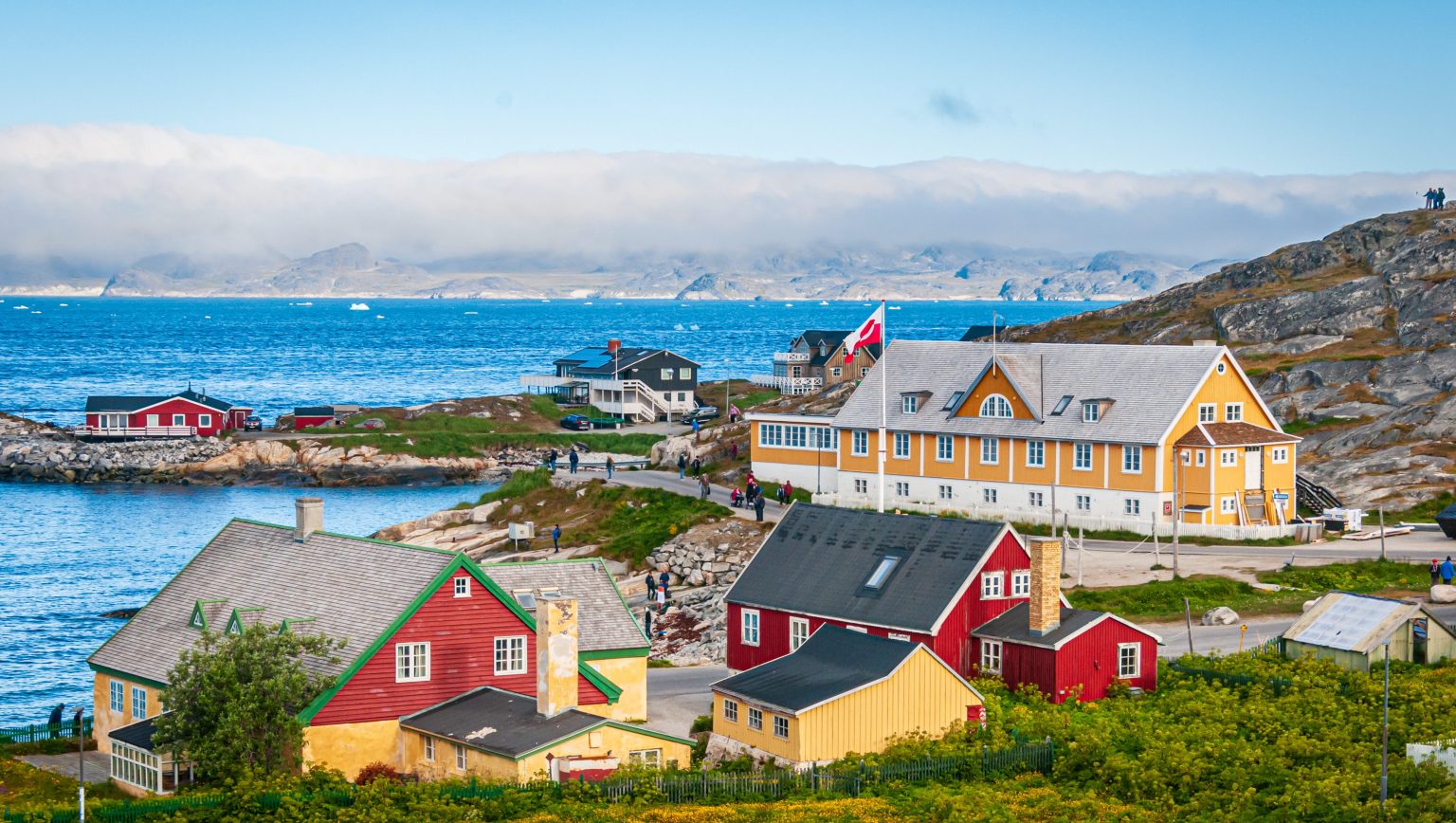Greenland, an autonomous territory of Denmark, has sparked significant interest from President Donald Trump since 2019. This interest has now evolved into a unique legislative proposal introduced by Representative Buddy Carter (R-Ga.), who has suggested renaming Greenland to “Red, White, and Blueland.” The bill, titled the “Red, White, and Blueland Act of 2025,” aims to rename the island and pave the way for its potential acquisition by the United States. Carter’s proposal has garnered attention for its boldness and alignment with Trump’s assertive foreign policy and national security priorities. The idea reflects a broader narrative of American expansion and influence, with Carter envisioning Greenland as a future part of the United States, symbolizing the country’s growth and strength.
The proposed legislation goes beyond a name change; it outlines a framework for negotiations between the U.S. and Denmark to acquire Greenland. The bill seeks to transform Greenland’s identity, aligning it more closely with American values and symbolism. The name “Red, White, and Blueland” is a nod to the American flag, reflecting the intention to integrate Greenland into the U.S. cultural and political landscape. While the idea may seem unconventional, it highlights the strategic importance of Greenland in terms of geography, natural resources, and geopolitical influence. The island’s location in the North Atlantic makes it a critical point for defense and trade, and its vast resources, including minerals and potential oil reserves, make it an attractive asset for any global power.
Historically, the United States has shown interest in acquiring Greenland, though previous attempts have been unsuccessful. One notable effort was in 1946, when President Harry Truman attempted to purchase the island from Denmark. This offer, revealed through declassified documents, underscores the long-standing American interest in Greenland. The current proposal, however, has been met with both amusement and skepticism. While some view it as a creative way to expand U.S. influence, others see it as an overreach that disregards Greenland’s autonomy and Denmark’s sovereignty. Theological and historical context is essential in understanding the complexities of this issue, as it involves questions of self-determination, cultural identity, and international diplomacy.
Denmark’s response to the idea has been firmly negative, with Prime Minister Mette Frederiksen emphasizing that Greenland is not for sale. This stance is shared by Greenland’s Prime Minister, Múte Egede, who has made it clear that the people of Greenland want to maintain their independence and cultural identity. In a symbolic counterMOVE, a petition has emerged advocating for Denmark to purchase California, highlighting the absurdity of the situation from the Danish perspective. The petition, which has garnered over 235,000 signatures, humorously suggests that Denmark could benefit from acquiring a sunny and culturally vibrant state like California. This lighthearted response contrasts sharply with the seriousness of the U.S. proposal, illustrating the emotional and political complexities involved.
The debate over Greenland’s future raises important questions about sovereignty, self-determination, and the balance of power in international relations. For Greenland, the decision about its political future lies squarely with its people, who have expressed a desire to remain independent rather than align with either Denmark or the United States. The island’s strategic importance, however, ensures that it will remain a focal point in global geopolitics, with nations competing for influence in the Arctic region. As the world grapples with climate change and the opening of new trade routes in the Arctic, Greenland’s role is likely to grow, making its political status a matter of increasing urgency and interest.
In conclusion, the proposal to rename and acquire Greenland reflects a combination of strategic ambition, cultural symbolism, and geopolitical maneuvering. While the idea has sparked debates and humor, it underscores the deeper issues of sovereignty, identity, and international relations. The outcome of this proposal remains uncertain, but it highlights the complexities of global politics and the enduring importance of Greenland in the modern world. As the situation unfolds, it will be important to consider the perspectives of all parties involved, including the people of Greenland, who ultimately hold the key to their island’s future.
